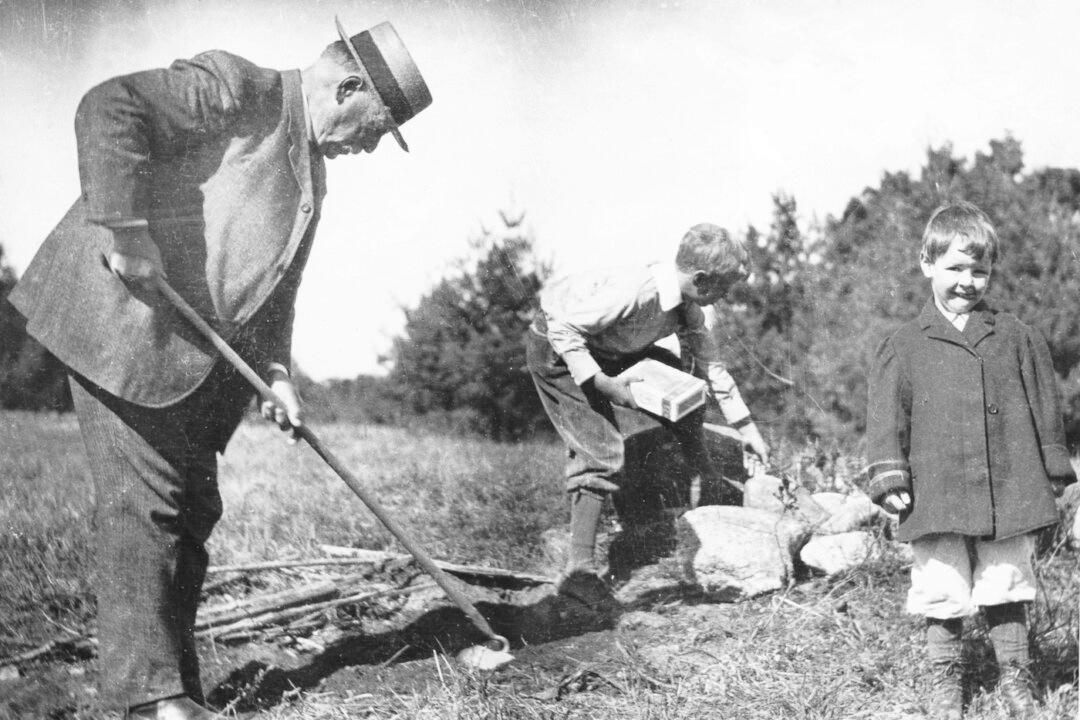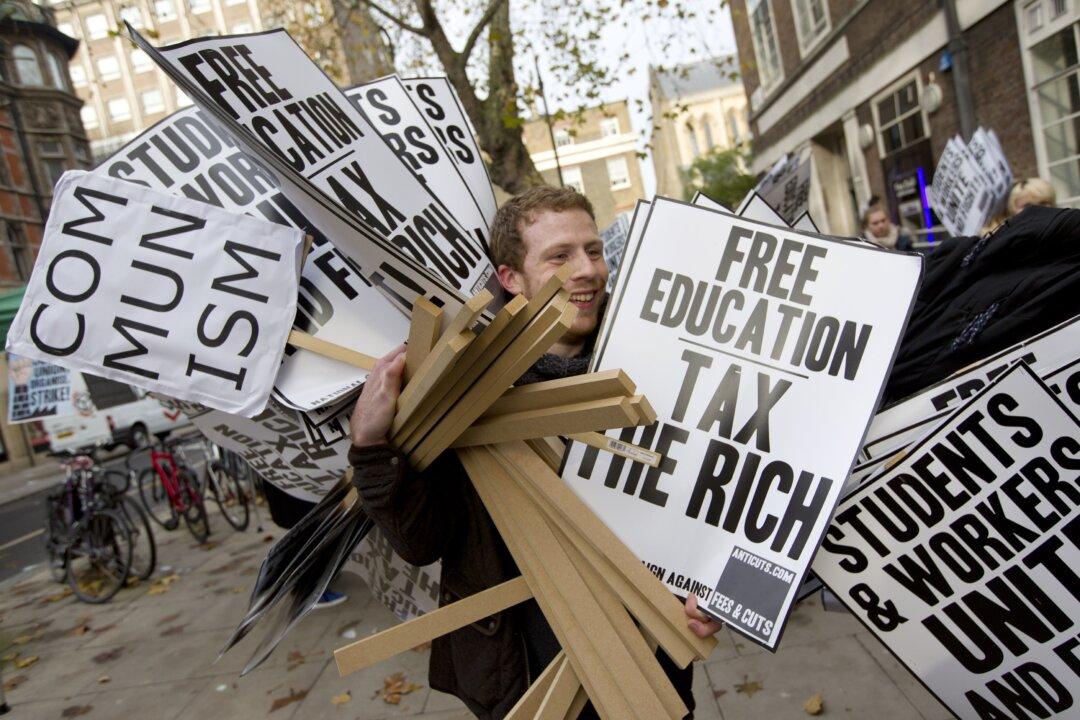Commentary
One Presidents’ Day tradition is the publication of surveys of various scholars and historians asking them to rank the presidents. Those polls tend to not be very illuminating; all they do is reflect the ideologies of the scholars—progressives favor progressive presidents, conservatives and libertarians favor presidents who pursued conservative or libertarian policies, and so forth.





